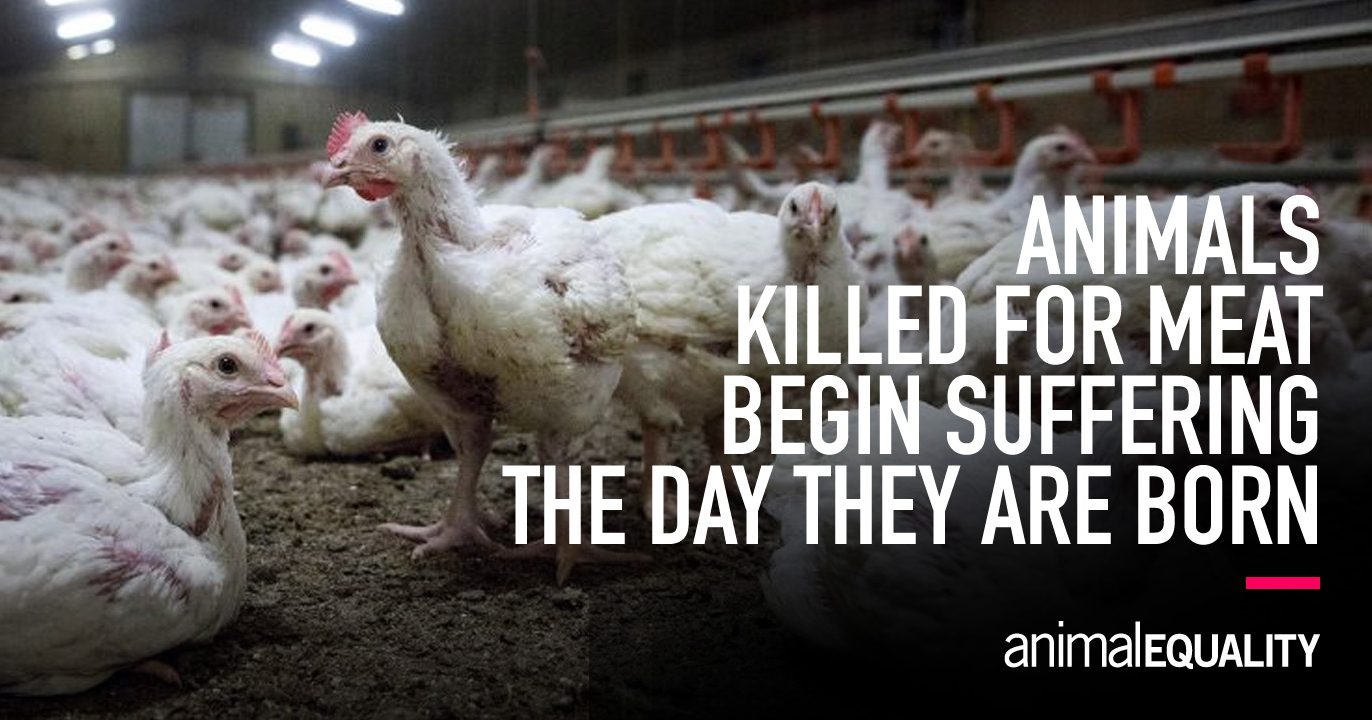In the grand theatre of human existence, where morals and appetites collide, the act of consuming meat often masquerades behind a veil of cultural tradition and gastronomic pleasure. Yet, this seemingly innocent indulgence is entwined with a darker narrative: the systemic cruelty inflicted upon sentient beings. This exploration into the psychological underpinnings of why animal cruelty persists alongside meat consumption unearths revealing layers of cognitive dissonance, social influence, and deeply ingrained habits.
At the core of this examination lies the concept of cognitive dissonance, the discomfort experienced when one’s beliefs are incongruent with their actions. Many individuals who consume meat may espouse kindness towards animals, proclaiming a love for pets and wildlife alike; yet, they partake in industries that treat animals as mere commodities. This dissonance is like an insistent itch that one tries to scratch away, often leading to rationalizations that mitigate guilt. These rationalizations can manifest as justifications rooted in tradition, nutrition, or even a misguided belief in a human superiority. Just as a plant will turn toward the sun, humans often gravitate toward the familiar comfort of their dietary choices, even at the cost of ethical considerations.
The omnipresent influence of culture significantly shapes our dietary inclinations. Cultural narratives weave a rich tapestry that binds communities to their culinary practices, reinforcing a collective identity often tied to meat consumption. In this light, meat is not merely sustenance, but a symbol of prosperity and social cohesion. The barbecues and festive feasts, laden with the aroma of grilled meats, anchor a shared experience that can overshadow the ethical implications of those choices. Thus, even as concerns regarding animal welfare and cruelty resonate increasingly within societal discourse, the allure of tradition can serve as a formidable barrier to change, creating a paradox where compassion is overshadowed by communal identity.
Moreover, this complex relationship with meat is often exacerbated by a desensitization to the suffering experienced by animals within the agricultural and food production systems. The mechanization of meat production has transformed animals from living beings into mere products, abstracted and sanitized by distance. The cognitive mechanism of numbing, akin to a protective shell formed around a soft core, shields individuals from the visceral truths of animal exploitation. When meat arrives neatly packaged and pristine at the grocery store, the reality of what has transpired remains cloaked in ignorance. This disconnect allows consumers to enjoy the palatable benefits of meat without confronting the attendant cruelty that is insidiously woven into its supply chain.
Furthermore, the often-anesthetized dialogue surrounding animal welfare reflects societal tendencies to compartmentalize morality. The heroic image of animal activists advocating for change stands in stark contrast to the average consumer who may subconsciously dissociate from the consequences of their dietary choices. This juxtaposition evokes an intriguing metaphor: the lion, majestic and feared, roaming the savannah, could just as easily serve as a reflection of humanity’s primal instincts. Much like the lion hunts for survival, humans often justify their consumption of animals as a natural instinct, neglecting the ethical consideration of their prey’s sentience. Thus, societal structures and psychological defenses coalesce to create a narrative that seems to absolve individuals of moral responsibility.
Interestingly, these dynamics reveal that the act of eating meat is not solely a matter of choice; it is a reflection of identity, influenced by myriad environmental and psychological factors. The role of peer influence cannot be underestimated; humans are, by nature, social creatures. The desire for acceptance can compel individuals to embrace dietary habits which they may not fully endorse. This phenomenon is particularly evident among younger consumers, where the yearning for social belonging often supersedes ethical considerations. Conformity becomes an unwitting ally of cruelty, as the collective appetite for meat overshadows the voices advocating for compassion.
As we navigate through this complex landscape, it becomes imperative to consider the implications of our choices not merely as individual decisions but as part of a larger societal framework. Shifting perceptions regarding animal welfare demands not just personal reflection, but a shift in cultural narratives. Engaging in dialogues that confront the realities of animal cruelty invites introspection and fosters a reconsideration of dietary practices. It is through these conversations that the transformative power of empathy can flourish, allowing individuals to reconcile their eating habits with their moral compass.
To mitigate the psychological barriers that sustain animal cruelty in meat consumption, a collective awakening must occur. Advocating for broader awareness about the realities of factory farming, promoting plant-based alternatives, and fostering environments that encourage ethical reflection may dismantle the defenses that have long shielded consumers from the ethical implications of their choices. As society continues to grapple with the consequences of its actions, there emerges a critical question: can a profound shift in consciousness transform the culinary landscape, fostering a culture that prioritizes compassion over consumption?
In our journey toward understanding the psychological dynamics of meat consumption, it is evident that animal cruelty is inextricably linked to our collective cravings. As attention increasingly turns to the ethical treatment of all sentient beings, a reevaluation of our appetites is not just a personal endeavor, but a profound societal challenge. Through the lens of compassion and informed choice, the path can be paved toward a more humane world—one where the siren call of tradition is harmonized with the ethical imperative to protect those who cannot protect themselves.








